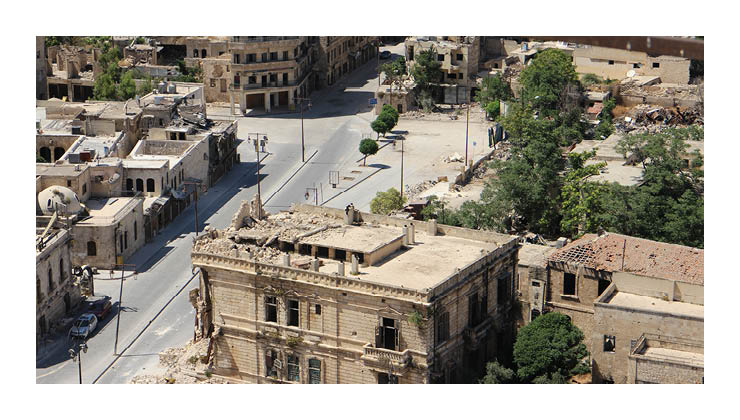On 14 April 2014, 276 girls were abducted in Chibok, Nigeria. As news of the abduction spread, people around the world took to social media to demand action to ensure the girls would be brought back safe. Lisa Gormley discusses the importance of transforming activism on social media into concrete action.
8 January 2017 marked 1000 days since the mass abduction of 276 schoolgirls in Chibok, Nigeria. Despite international outcry and huge publicity via the hashtag #BringBackOurGirls, 195 girls remain in captivity almost 3 years later.
In recent weeks and months I have exchanged views with Aisha Yesufu and Sesugh Akume, who support the families of the girls. I asked about media interest when #BringBackOurGirls first became international news, and the continuing struggle of the families. I asked them for their views about what real international solidarity means to them, and what concerned people around the world can do to support others in difficult situations in ways that are acceptable and empowering.
Sesugh told me: “The world loves trends as our attention spans are low especially in this 21st century with its complexities. So after a while most people moved on, but the issue remains, as the pain. The most fundamental thing about solidarity in this context is empathy, putting oneself in the place and position of others especially to feel what they’re feeling. Would you be quiet if your daughter went missing? What would you do? What would you want others to do? [These] are the questions to ask, provide answers, and act on. The point about international support being acceptable and empowering is clearly understood. However, when there’s genuine compassion, it is known and felt. That’s what’s most important. Any form of solidarity and/or support coming from this is acceptable and can’t be misunderstood. People are constantly asking if they can do this or that. It’s fine. Others go ahead and do it without asking. All those have been very meaningful.”
In a recent interview on Al-Jazeera, Aisha described the kidnapped girls as “world citizens” – they were exercising their human rights to seek an education, like any other child or adolescent.
This description adds to our feelings of empathy. Education is a non-negotiable human right. All of us want an education, for ourselves or for our children. Ensuring education for girls without discrimination leads to better outcomes for all – for families, communities and states, as well as girls themselves.
It seems to me that social media can also be an expression of empathy – that sometimes a social media event takes off, people read about and understand the situation and really do care – but often it is not clear what sort of action should be taken, so people “share” on social media to get more involved, to share their concern and in the hope that the message comes to the attention of someone who can actually do something to change the situation. Using social media for campaigning to claim human rights is especially empowering for women and girls – it allows female activists to speak out publicly and directly, whereas previously, media outlets and most campaigning organisations tended to controlled by men. Of course, the internet has been used to threaten and abuse women human rights defenders, politicians and journalists, and this needs addressing, but the potential benefits for feminist sharing of information and feminist organising are enormous. How can we take these expressions of concern about women’s and girls’ human rights on social media, and transform these messages into action and results in the world?
Sesugh told me:
“Letter writing works. Writing letters to the Nigerian government and making it public that you did so. Writing to your MP asking them to persuade Number 10 and Whitehall to persuade the Nigerian government to take the matter more seriously and also to provide help where they can… Such letters coming from outside Nigeria would have an effect at another level, likewise the solidarity ones. In our experience, marches and amplifying what it is what want via press releases kill multiple birds with one stone. It provides content for social media which mobilises society and keeps everyone abreast, the traditional media, and the government because it appears sometimes they don’t know what to do.”
As a diverse community of feminists around the world, we are still thinking through what the Women’s Marches of 21 January have meant, that global patchwork of protest and what can be created next. In that process, I suggest that we continue to reach out to each other and keep up the pressure on those in power, so that our long-standing demands for change in different places around the world are reinforced and amplified – not forgotten. We still need to #BringBackOurGirls.
The views, thoughts and opinions expressed in this blog post are those of the author(s) only, and do not reflect LSE’s or those of the LSE Centre for Women, Peace and Security.




